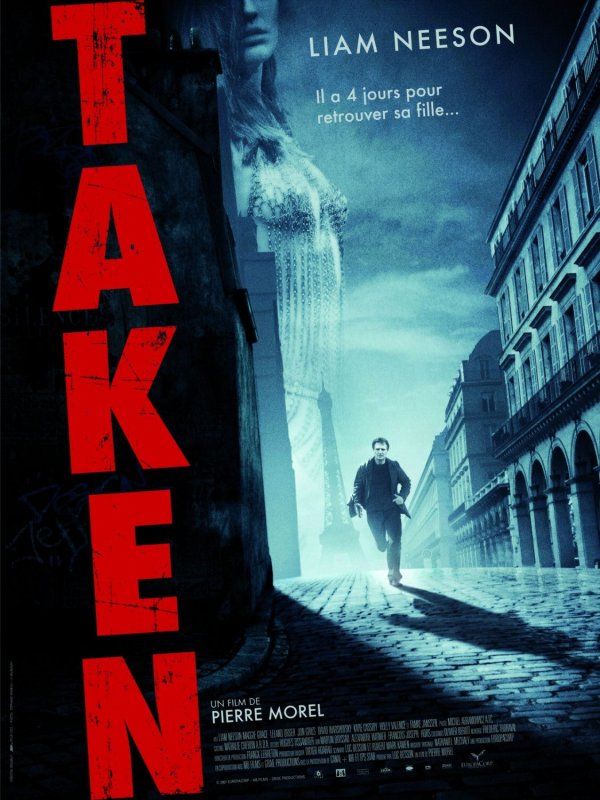How Jewish is The Social Network?
A recent article in The Jewish Chronicle asks, How Jewish is Facebook?
The basic idea of Facebook, creating a simple and exclusive alternative to MySpace, isn’t Jewish. But the project was hijacked when the gullible Winklevoss twins entrusted Mark Zuckerberg and his accomplice, Eduardo Saverin, to help execute the project. (See also Kevin MacDonald’s review.) The movie adaptation of this true story is a fevered Jewish revenge fantasy against their hapless arch-enemies, the reviled WASP “insiders.” Both the book, by Ben Mezrich, and the screenplay, by Aaron Sorkin, wallow in defeating the earnest brothers, heaping these two iconic American Christians with humiliation after humiliation.
The schadenfreud reaches hysterical proportions in this scene where they narrowly lose a rowing competition…
httpv://www.youtube.com/watch?v=GdDeui011iA
And what did these honest and trusting twins do to deserve this antipathy? Better yet, what did White America do to deserve this antipathy? How, when the President of Harvard himself is a powerful Jewish oligarch who laughed the twins out of his office, can Mezrich see himself, his people, or Zuckerberg as the sympathetic underdogs in this context? It’s simple: he’s Jewish and sympathizes with his own. To ask why he hates them is to make the same mistake the Winklevii made: grasping for a universal honor code in a tribal universe.
Mezrich explains why he hates them… Read more









